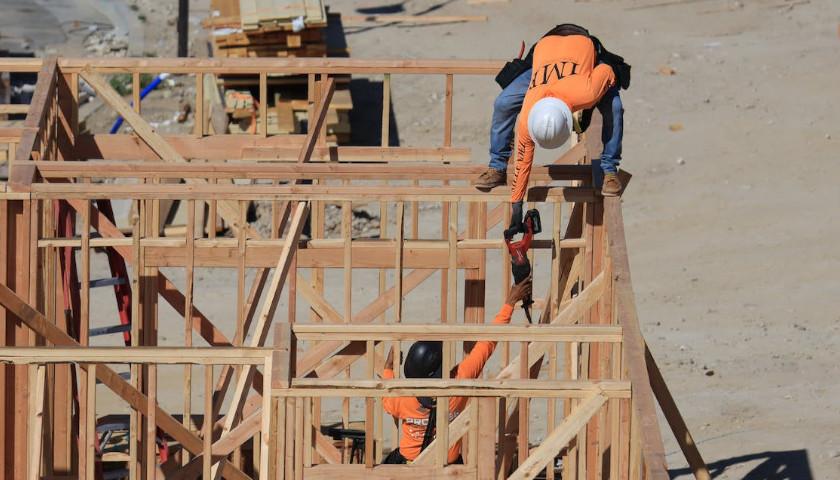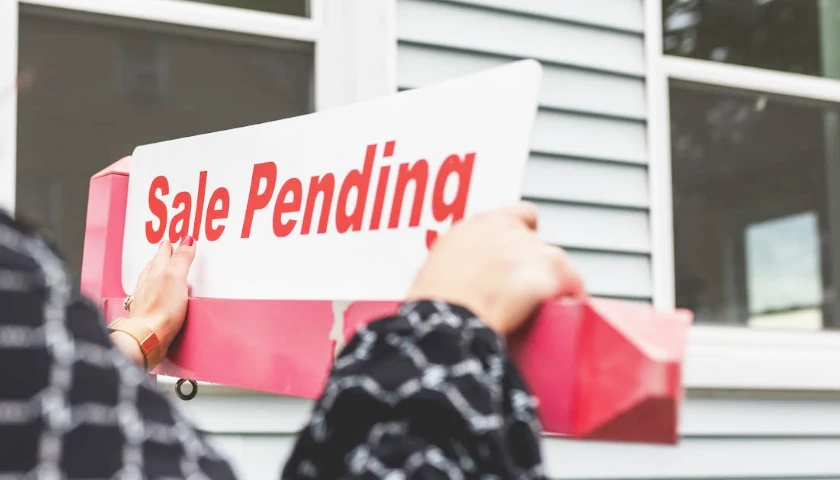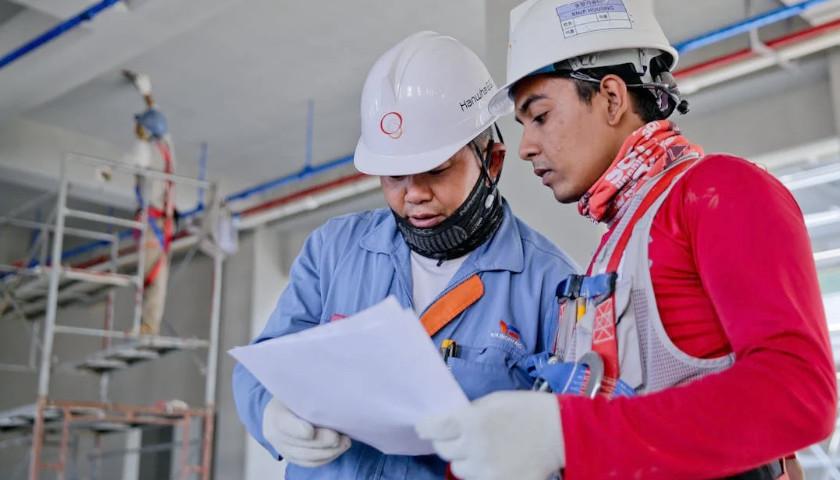by Anthony Hennen
As housing costs rise in many parts of the commonwealth, Pennsylvania policymakers want to boost supply to meet demand.
“If we don’t continue to increase the inventory at all levels, we’re never going to get to where we need to be,” Rep. Mike Sturla, D-Lancaster, said during a House Housing and Community Development meeting on Monday. “We can’t build our way out by just building subsidized housing.”
Though legislators and experts were supportive of more tax credits, subsidies, and other state spending for individual renters and builders, the underlying problem was that not enough housing is available in Pennsylvania.
“All the other supportive programs that we have in housing don’t actually work if we can’t figure out how to put inventory on the market,” Rep. Ismail Smith-Wade-El, D-Lancaster, said. “We’ve gotten past the place where we are just talking about low-income folks — we are talking about nurses, teachers, law enforcement officers who are struggling to find housing near where they work in the commonwealth of Pennsylvania.”
The meeting echoed concerns of a Senate Republican hearing in May that explained how zoning restrictions make it harder to build new housing and drive up construction costs.
Legal barriers exist on the state and local levels. Some programs that try to boost low-income housing can sometimes do more to prevent it.
“Construction costs and interest rates are rising, making many projects financially infeasible in the current environment,” Lisa Greener, executive director of Community Basics, Inc. in Lancaster, said. “For affordable housing projects, these increases can be insurmountable without additional subsidies.”
In some cases, Greener noted, prevailing wage requirements drive up construction costs even more, negating the funding on offer from state programs.
“An example is: CBI received a Keystone Communities grant for $400,000,” she said. “The grant required prevailing wages, which increased the construction cost of the project by $300,000, netting just $100,000 towards the project. That project will not proceed due to increased costs making the project infeasible.”
Dana Hanchin, president and CEO of HDC MidAtlantic, a nonprofit housing developer, argued that legislators need to create “a significant line item” in the state budget for affordable housing every year.
“I would urge everyone to think bold and be brave, to think about what is it really gonna take to move the needle,” Hanchin said.
Legislators could also revise state standards to require localities to plan for local housing needs, set land-use planning standards to increase density, and streamline approval processes, she said.
Getting local and state governments out of the way, too, could give developers a boost without adding a burden on taxpayers.
“If you created a separate category for affordable (housing) and you reduced the bureaucratic cost related to that, the approval cost related to that — that’s like free money,” David Martens, president of Zamagias Properties, said. “To me, that’s an easy win where nobody’s gotta write a check.”
– – –
Anthony Hennen is a reporter for The Center Square news wire service, covering Pennsylvania, and co-host of Pennsylvania in Focus, a weekly podcast on America’s Talking Network. Previously, he worked for Philadelphia Weekly and the James G. Martin Center for Academic Renewal. He is managing editor of Expatalachians, a journalism project focused on the Appalachian region.





